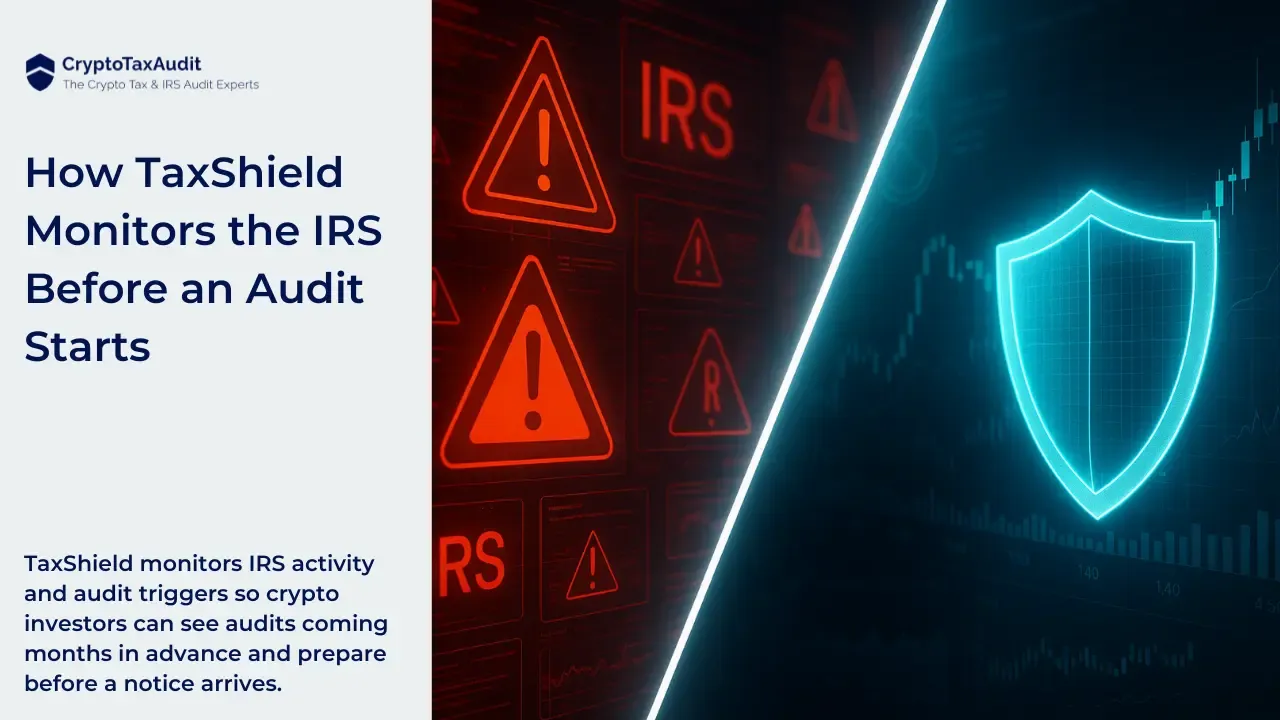Crowdfunding
Jan 01, 2023Crowdfunding is the process of soliciting financial contributions from a large number of people, referred to as backers, through social media and the internet. The financial contributions are used for a wide variety of projects including business ventures, social causes, and support for individuals with a special need. By using social media, projects can gain access to funds outside of traditional sources such as banks or capital markets. A number of organizations, referred to as platforms, have developed to connect someone seeking funds with those who have an interest in contributing.
Crowdfunding Projects
Crowdfunding projects fall under several categories. Some common types are:

Project initiator. The individual or organization, referred to as a project initiator, seeking to fund a project determines the funding need and deadline, selects the platform most suited to the project, and creates a presentation to attract backers.
Platform. The platform makes the presentation available to a large number of backers via social media and may provide other services to the project.
Backers and pledges. Interested backers are able to make pledges using a credit card. The organization serving as the platform will typically use a digital payment company to collect and release the funds. The release of funds may be based on either the All or Nothing or Keep it All method.
All or Nothing. Funds are released to project and backer credit cards are charged only if the funding goal is met by the deadline.
Keep it All. In this case, funds are released to the project and credit cards are charged when the deadline occurs. The project initiator decides whether to proceed with the project with partial funding or return the pledges.
Crowdfunding Platforms
There are hundreds of platforms available to project initiators. Due diligence on the part of the project initiator is necessary to find the platform most suited to a particular project and avoid scams or other issues. Some of the larger or more well-known platforms are:

Fees. The platform will typically receive 3% to 5% of the funds raised. The company holding and paying out the funds will typically charge a percentage of the funds raised.
Backer Involvement
Crowdfunding offers potential backers the opportunity to search for a wide variety of projects that appeal to them. Backers receive the satisfaction of donating to a project with a relatively small donation that is easily made.
Rewards or payoff. In addition to the satisfaction of giving, the backer may receive something in return with no or very little monetary value up to a stake in the company.
Risks. Backers run the risks of scams and no pay-off from an investment in a high risk project. Due diligence can be very difficult to perform. If the funds are released on an All or Nothing basis, then backers will see a credit card charge for projects that reach their funding goal. If funds are released on a Keep it All basis, then the backer must rely on the project initiator to return unused funds.
Tax Issues
Crowdfunding can create a number of tax issues. In some cases, there is little guidance from the IRS or state governments on how to treat the transactions.
Tax deductions. Generally, contributions to a crowdfunded project will not be deductible unless the recipient is a qualified charitable organization. Contributions to an individual are not deductible.
Gift tax. Unless the backer makes a large gift (over $18,000 in 2024) or has made other large gifts, a gift tax return will not be required.
Capital gains/losses. If the backer receives shares in a company, then a record of the cost basis of the shares and date(s) acquired must be kept. A capital gain or loss will occur when the shares are disposed of or in the event of a project failure.
Loans. If the backer receives interest from a loan to a project, then the interest will need to be reported as income. In the event of a project failure, the backer may be able to deduct the loan as a bad debt.
Taxable income. There is no specific Internal Revenue Code (IRC) section that defines the tax treatment of funds received through a crowdfunding campaign. This means that the receipt of money from a crowdfunding campaign is by default included in gross income, unless there is a specific exclusion listed in the code that states it is not considered gross income. Depending on the amount received and the number of backers, the recipient may receive a Form 1099-K, Payment Card and Third Party Network Transactions, from the payment vendor.
Gifts. An exclusion from gross income that may apply to crowdfunding is the exclusion for gifts. The IRC and regulations provide examples of gifts but do not define the term “gift.” Courts have ruled that the following may be considered a gift.
- Property given in a spirit of detached and disinterested generosity.
- The excess value of property over the value of consideration received.
Income or gift. An individual or business receiving pledges from a crowdfunding campaign will have to consider the facts and circumstances of the situation to determine if the pledges are income or gifts.
Self-employment tax. A sole-proprietorship operating as a trade or business that has taxable income will owe self-employment tax on the income. However, if the income was received for doing a one-time job and not as regular or continuous activity, then it may not be subject to self-employment tax.
Sales tax. A business providing a product to backers in return for a donation may owe sales tax in the states where the backers reside. Sales tax rules vary widely from state to state.
Summary
Crowdfunding can be an exciting and successful method of raising funds for individuals in need, causes with social value, and business start-ups. Individuals and causes are able reach a large number of potential donors. Businesses are able to raise funds outside of more complex and expensive methods in the traditional banking and capital markets. Backers can select from a wide range of projects that they may wish to contribute to.
On the other hand, crowdfunding raises business, legal, and tax issues where the rules have not been firmly established.
Copyright © 2024 Tax Materials, Inc.
All Rights Reserved





